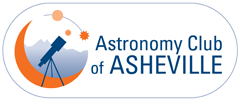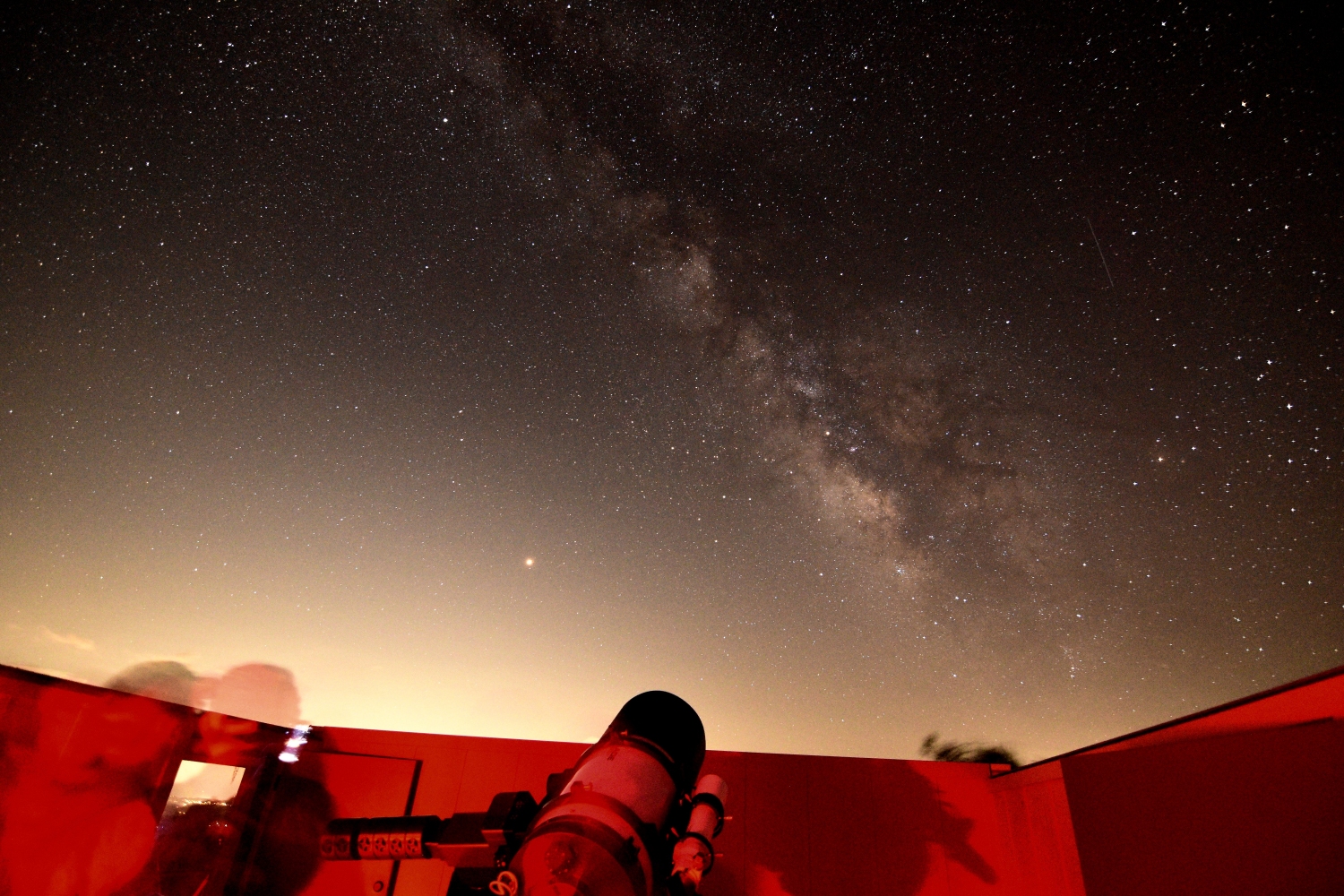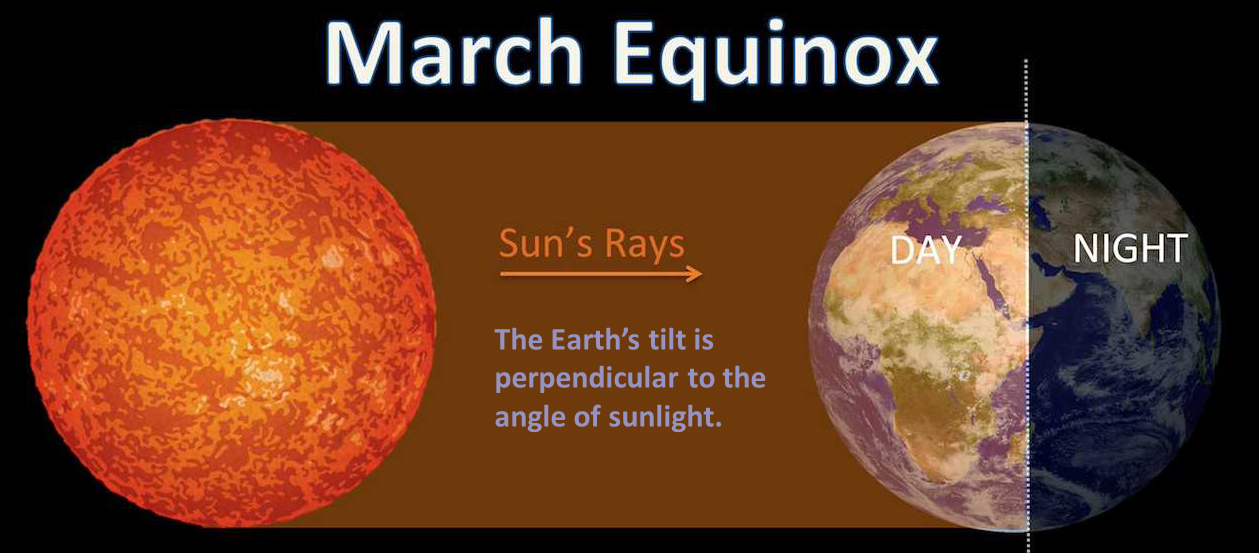5 March 2026 – Club Meeting Presentation
— Thursday night, 7:00 – 8:30 p.m.
This free, virtual, live speaker presentation will be offered via Zoom on the large screen at the UNC-Asheville Reuter Center and virtually online from other locations. Registration is not required; use
this Zoom link to watch the presentation remotely.
Although parking is free for this event at the UNC-Asheville Reuter Center, you must register your vehicle with a “Visitor 5pm – 6am” permit type at this link. Once registration is complete, visitors will not need to print or display a permit; the system utilizes camera-based License Plate Recognition technology. All vehicles must park front-end in, so that the license plate is visible.
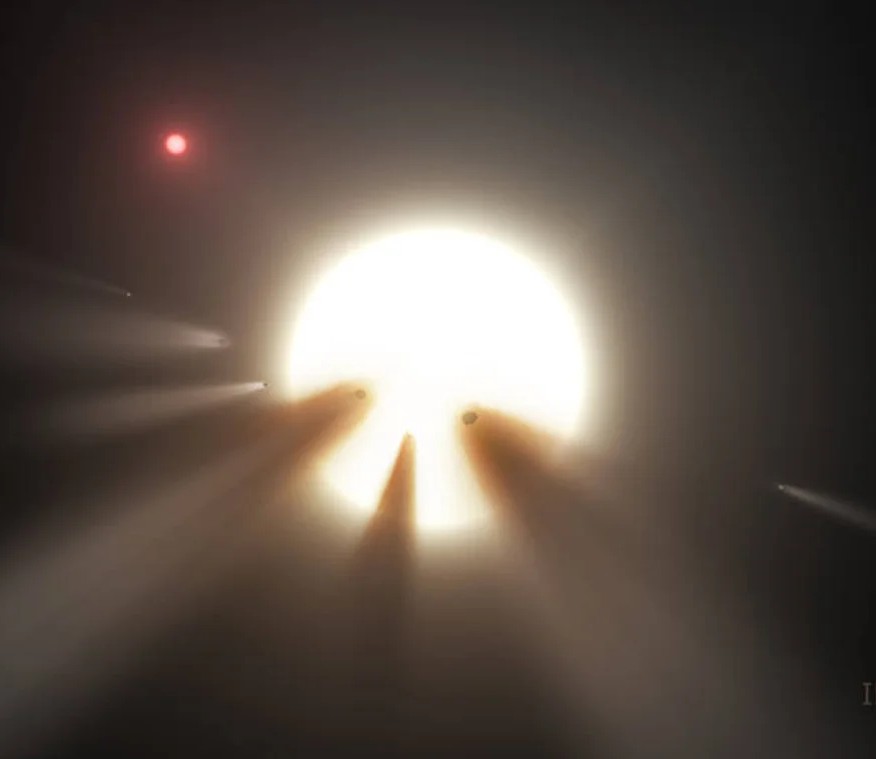 Tabby’s Star – a Bizarre Variable
Tabby’s Star – a Bizarre Variable
– presented by
Melanie Crowson,
Professional Astronomer
There has been much research on a variable star of interest known as Tabby’s star or KIC 8462852. This presentation will cover its history of discovery and why it is so intriguing, the differing theories to describe its variability and… Read more…
![]()
Three Public Star Gazes in March
Continue to check this home page as weather could change the venue or postpone and possibly cancel a star gaze. Check again after 4:00 p.m. on the afternoon of the observing session for the latest info and update.
6 Mar. 2026 — Friday night — This public star gaze will be held at Grassland Mountain Observatory in Madison County, with a weather backup night of Saturday, 7 March. This event is free and open to everyone — registration is not necessary to attend. A temporary gate code, required for entry, will be provided here on the day of the star gaze by 4:00 p.m. Directions to Grassland Mountain Observatory can be found here. These star gazes normally conclude about 3 to 4 hours after sunset, and visitors are not permitted to stay past the conclusion time. Sunset occurs at 6:30 p.m.
13 Mar. 2026 — Friday night — This public star gaze will be held at Grassland Mountain Observatory in Madison County, with a weather backup night of Saturday, 14 March. This event is free and open to everyone — registration is not necessary to attend. A temporary gate code, required for entry, will be provided here on the day of the star gaze by 4:00 p.m. Directions to Grassland Mountain Observatory can be found here. These star gazes normally conclude about 3 to 4 hours after sunset, and visitors are not permitted to stay past the conclusion time. Sunset occurs at 7:36 p.m.
20 Mar. 2026 — Friday night — The location for this star gaze will be Lookout Observatory on the UNC Asheville campus, with a weather backup date of Saturday, 21 March. While the event is free and open to everyone, pre-registration is required to attend. To learn more about how to register, please visit the UNCA Lookout Observatory website here. Sunset occurs at 7:42 p.m., with shuttle service beginning about 8:30 p.m.
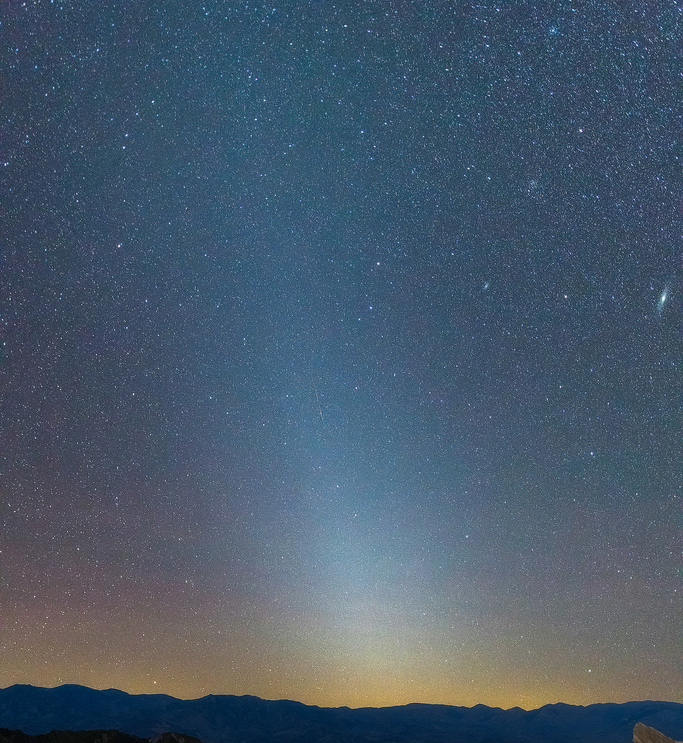 6-19 Mar. 2026
6-19 Mar. 2026
– Catch the Elusive Zodiacal Light
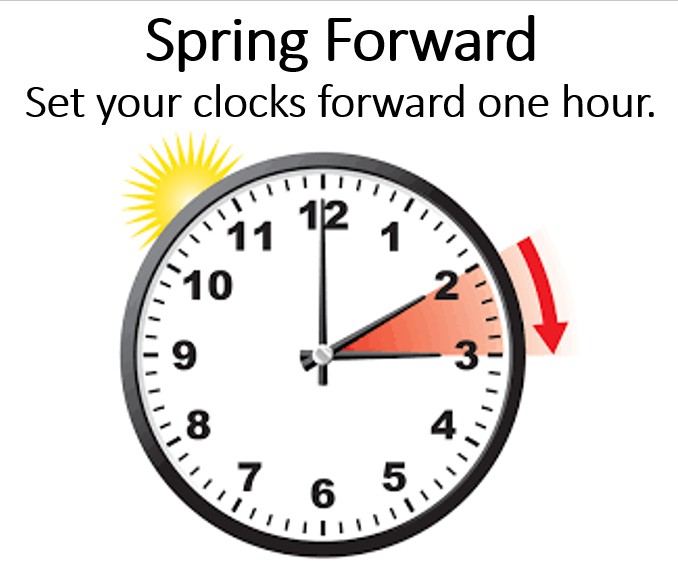 8 Mar. 2026
8 Mar. 2026
– Daylight Saving Time Begins
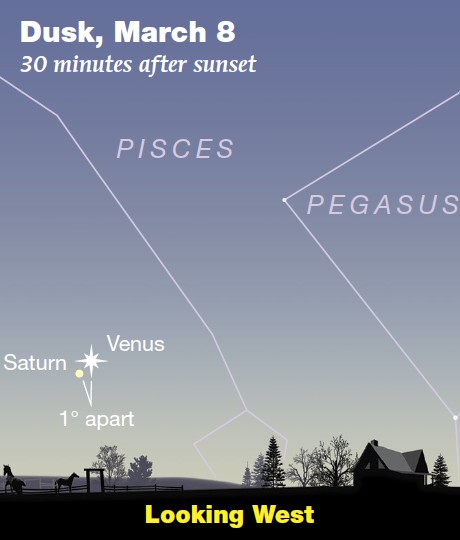 8 Mar. 2026
8 Mar. 2026
– Venus and Saturn Trade Places at Dusk
Illustration courtesy of
SKY & TELESCOPE
